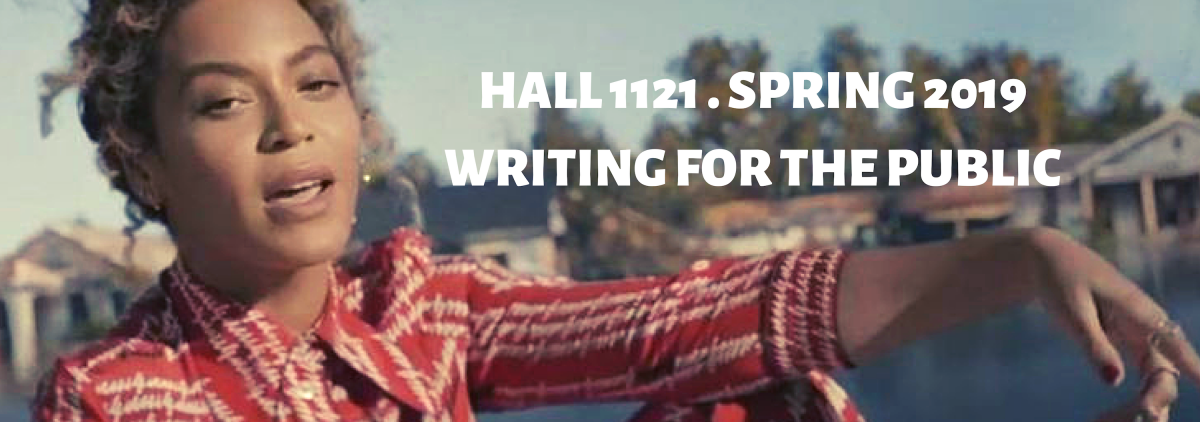Amani Nassar
English 1121
Dr. Hall
February 7, 2019
My Better Halves
Coming from such a diverse background of being Palestinian and Puerto Rican, I often times came across the issue of learning my culture’s language. For better or worse, I never got the chance to learn Arabic as I lived at home with only my Puerto Rican family. My grandma is a fluent Spanish speaker and my mother sort of is too, both also knowing English fluently. The difference between us is that they are, of course, fully Puerto Rican where I on the other hand, have a confliction of two cultures that are more different than alike. Here and there I would learn words and phrases from them growing up and I still do to this day, but I would say my spanish is in fact, broken.
Here’s what I mean by broken; I could be having a conversation with someone like my abuela and find myself switching back and forth between English and Spanish like its the normal thing to do. Don’t get me wrong, there’s nothing with doing this especially if it’s with family, but it’s definitely not the correct way of speaking. But whose to truly say that this is an incorrect way of speaking? This shift of language is what many people call Spanglish which is something that has been around for quite sometime and is evolving to soon be considered a language. I also tend to throw Spanish words somewhere within my English sentences like “¿que? What are you talking about?”
I took Spanish class all 4 years of high school and even took AP Spanish during my senior year. I guess you could say I learned spanish from those long 4 years, but the reality of it is that I learned just what I needed to get by or just used my previous knowledge from the Spanish I spoke at home. Spanish class never taught me how to become a fluent speaker, it was more so a class where you would have a textbook to read, answer some questions about what you’ve read and recite a few sentences to the teacher every other class or so, there was nothing really there for me to carry outside of the class, it was quite repetitive. As a student I know it’s my duty to do more work outside of classroom, but I didn’t have the foundation or much knowledge to do so with what little I had learned.
From the very beginning of that class I noticed that textbook Spanish was very different from the Spanish I spoke at home and even the spanish I heard out in the streets. One, needless to say, was much more formal whereas the other had more of a slang twist to it.
Being that I live with my Puerto Rican side of the family, I felt as though I was missing out on the experiences my other culture could offer me and I still do feel this way. It’s hard to learn or even adapt to a culture I never grew up with.



